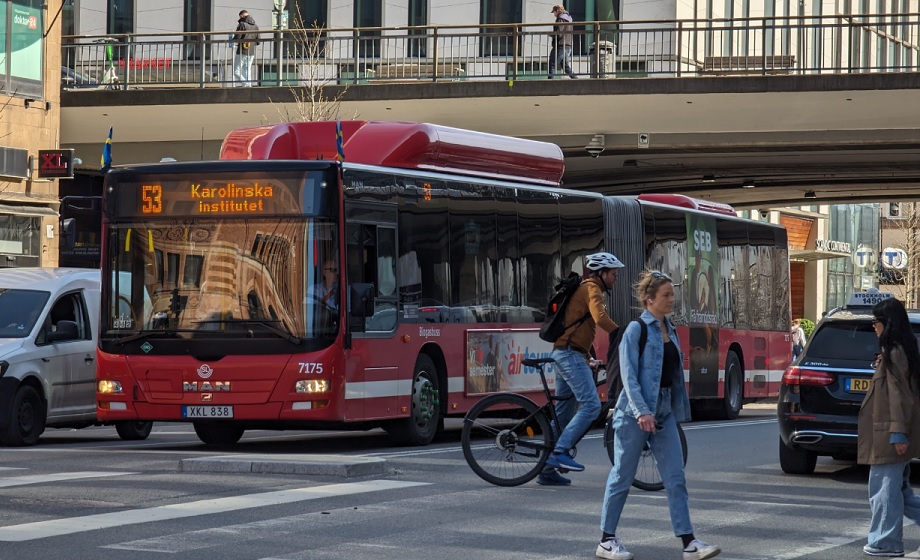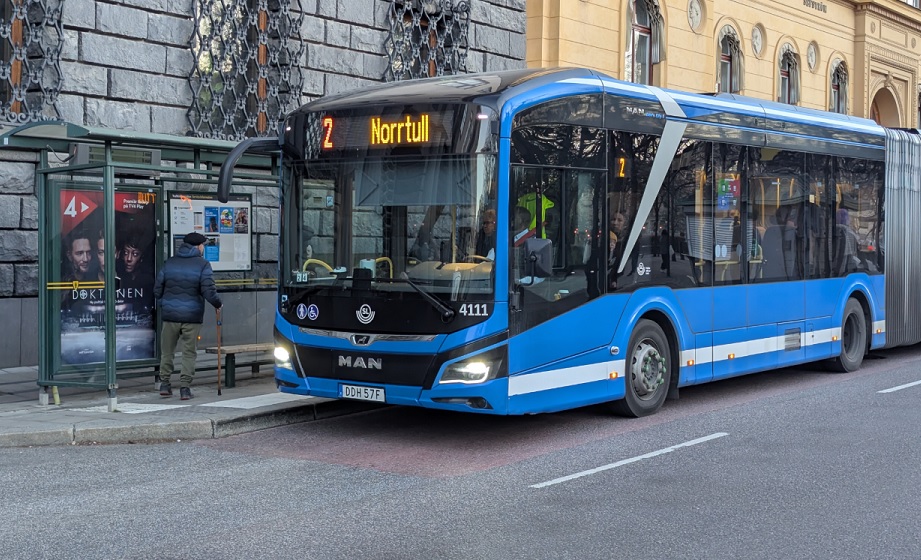Right now, the Stockholm Public Transport, SL, is procuring three traffic agreements for 2026, which also represents the largest expansion of an electrified bus fleet so far, with around 400 new electric vehicles. But just before the bids were due, the requirements were changed, disqualifying several major manufacturers.
Previously, SL had a ‘blacklist’ of manufacturers with production in countries such as China, Turkey, and Egypt. However, this was abandoned in August, and the remaining requirement was that the production meets certain sustainability criteria. This was a welcome announcement in the industry, as 90 percent of bus batteries in the world are manufactured in China.
On December 16, the bids were due, but just a few weeks before, SL changed the requirements again – now, the battery cells are also subject to the same documentation requirements as the battery production.
READ ALSO: Chinese electric buses running on diesel may pose a security risk
The suddenly tightened requirements are causing irritation. According to Joakim Kenndal, press manager at Volvo Buses, it is completely unreasonable to be able to meet the new requirements within such a short timeframe.
– Neither we nor other bus manufacturers have that revision today. What we are working on now is to have it in place in a few months, when the allocation takes place. Our interpretation is that it should be sufficient, he told Mitt i.
An approved manufacturer
A industry representative who wishes to remain anonymous states that there are no guarantees that the bus manufacturers will meet the requirements and that it is the traffic operators who bear all the risk. They also find it strange that SL is excluding leading bus manufacturers approved in the rest of Europe.

According to the source, there is only one manufacturer currently meeting SL’s requirements, and it will not be able to deliver all the bus types required in the procurement.
Warned of conflicting goals
Last summer, the consulting firm EY presented a report commissioned by the Bus Industry Research and Development Organization (BR), where they warned of a conflict of goals in the electrification of bus traffic:
“On the one hand, the need for electric buses is increasing for Sweden and the EU to achieve the goal that all urban buses should be emission-free from 2035. On the other hand, traffic procurers are imposing increasingly stringent requirements for social sustainability in procurements. But many countries where electric buses and batteries are manufactured are high-risk countries. In practice, bus companies may be forced to refrain from buying buses from these countries. This can lead to a 40 percent increase in the price of electric buses, while battery production is insufficient,” the report stated.
– From the Swedish Bus Companies’ perspective, we believe that it is unreasonable to have local Swedish requirements on issues that affect the entire international automotive industry, commented Anna Grönlund, industry manager at the Swedish Bus Companies.
READ ALSO: The climate hoax: Electric buses are charged with diesel generators
